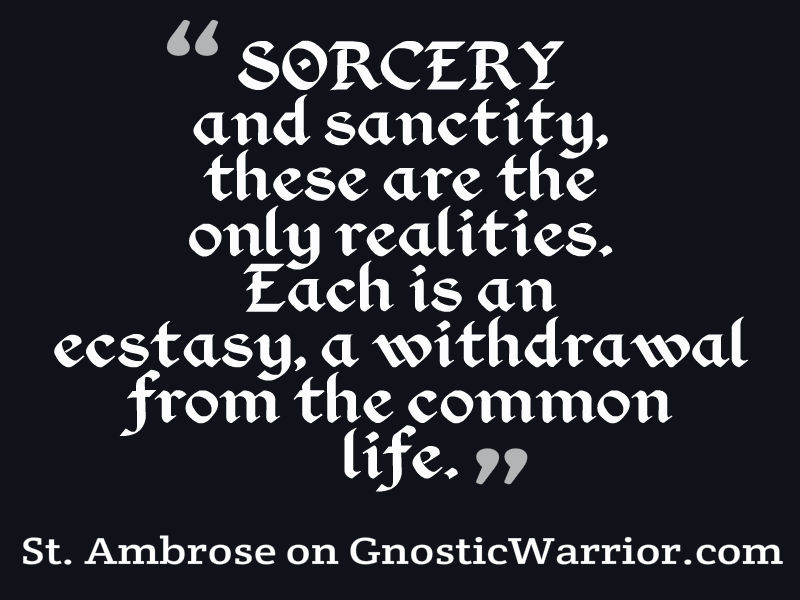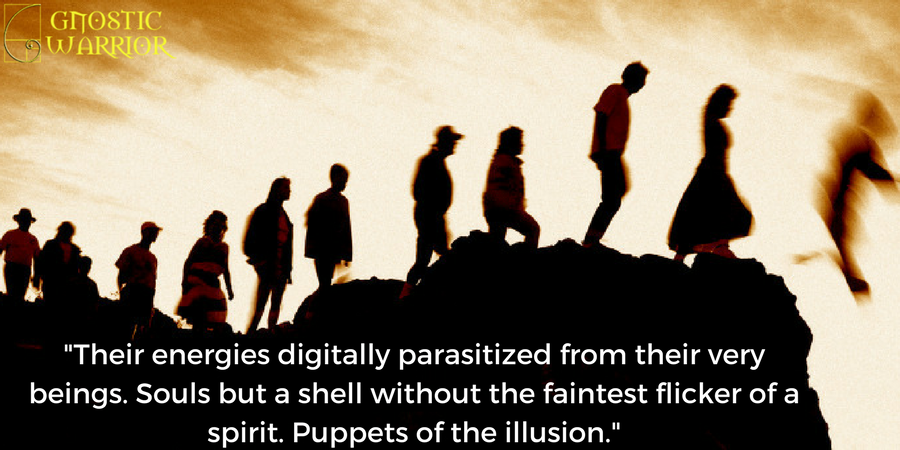In other words, he very clearly indicates a case of suspended animation; and then adds immediately, “as the rain fell very fast on the young girl,” while she was being carried to the pile, “with her face turned upwards, this, also, might have excited her senses.” Does this not show most plainly that Philostratus saw no miracle in that resuscitation? Does it not rather imply, if anything, the great learning and skill of Apollonius, “who like Asclepiades had the merit of distinguishing at a glance between real and apparent death”?
A resuscitation, after the soul and spirit have entirely separated from the body, and the last electric thread is severed, is as impossible as for a once disembodied spirit to reincarnate itself once more on this earth, except as described in previous chapters. “A leaf, once fallen off, does not reattach itself to the branch,” says Eliphas Levi. “The caterpillar becomes a butterfly, but the butterfly does not again return to the grub. Nature closes the door behind all that passes, and pushes life forward. Forms pass, thought remains, and does not recall that which it has once exhausted.”
Why should it be imagined that Asclepiades and Apollonius enjoyed exceptional powers for the discernment of actual death? Has any modern school of medicine this knowledge to impart to its students? Let their authorities answer for them. These prodigies of Jesus and Apollo-
Page 482
nius are so well attested that they appear authentic. Whether in either or both cases life was simply suspended or not, the important fact remains that by some power, peculiar to themselves, both the wonder-workers recalled the seemingly dead to life in an instant.
Is it because the modern physician has not yet found the secret which the theurgists evidently possessed that its possibility is denied?
Neglected as psychology now is, and with the strangely chaotic state in which physiology is confessed to be by its most fair students, certainly it is not very likely that our men of science will soon rediscover the lost knowledge of the ancients. In the days of old, when prophets were not treated as charlatans, nor thaumaturgists as impostors, there were colleges instituted for teaching prophecy and occult sciences in general. Samuel is recorded as the chief of such an institution at Ramah; Elisha, also, at Jericho. The schools of hazim, prophets or seers, were celebrated throughout the country. Hillel had a regular academy, and Socrates is well known to have sent away several of his disciples to study manticism. The study of magic, or wisdom, included every branch of science, the metaphysical as well as the physical, psychology and physiology in their common and occult phases, and the study of alchemy was universal, for it was both a physical and a spiritual science. Therefore why doubt or wonder that the ancients, who studied nature under its double aspect, achieved discoveries which to our modern physicists, who study but its dead letter, are a closed book?
Thus, the question at issue is not whether a dead body can be resuscitated — for, to assert that would be to assume the possibility of a miracle, which is absurd — but, to assure ourselves whether the medical authorities pretend to determine the precise moment of death. The kabalists say that death occurs at the instant when both the astral body, or life-principle, and the spirit part forever with the corporeal body. The scientific physician who denies both astral body and spirit, and admits the existence of nothing
more than the life-principle, judges death to occur when life is apparently extinct. When the beating of the heart and the action of the lungs cease, and rigor mortis is manifested, and especially when decomposition begins, they pronounce the patient dead. But the annals of medicine teem with examples of “suspended anima-
Page 483
tion” as the result of asphyxia by drowning, the inhalation of gases and other causes; life being restored in the case of drowning persons even after they had been apparently dead for twelve hours.
In cases of somnambulic trance, none of the ordinary signs of death are lacking; breathing and the pulse are extinct; animal-heat has disappeared; the muscles are rigid, the eye glazed, and the body is colorless. In the celebrated case of Colonel Townshend, he threw himself into this state in the presence of three medical men; who, after a time, were persuaded that he was really dead, and were about leaving the room, when he slowly revived. He describes his peculiar gift by saying that he “could die or expire when he pleased, and yet, by an effort, or somehow he could come to life again.”

Moe is the founder of GnosticWarrior.com. He is a father, husband, author, martial arts black belt, and an expert in Gnosticism, the occult, and esotericism.





![How the South Saxons received Eadbert and Eolla, and the West Saxons, Daniel and Aldhelm, for their bishops; and of the writings of the same Aldhelm [705 A.D.] | Book 5 | Chapter 17 How the South Saxons received Eadbert and Eolla, and the West Saxons, Daniel and Aldhelm, for their bishops; and of the writings of the same Aldhelm [705 A.D.] | Book 5 | Chapter 17](https://www.gnosticwarrior.com/wp-content/plugins/contextual-related-posts/default.png)